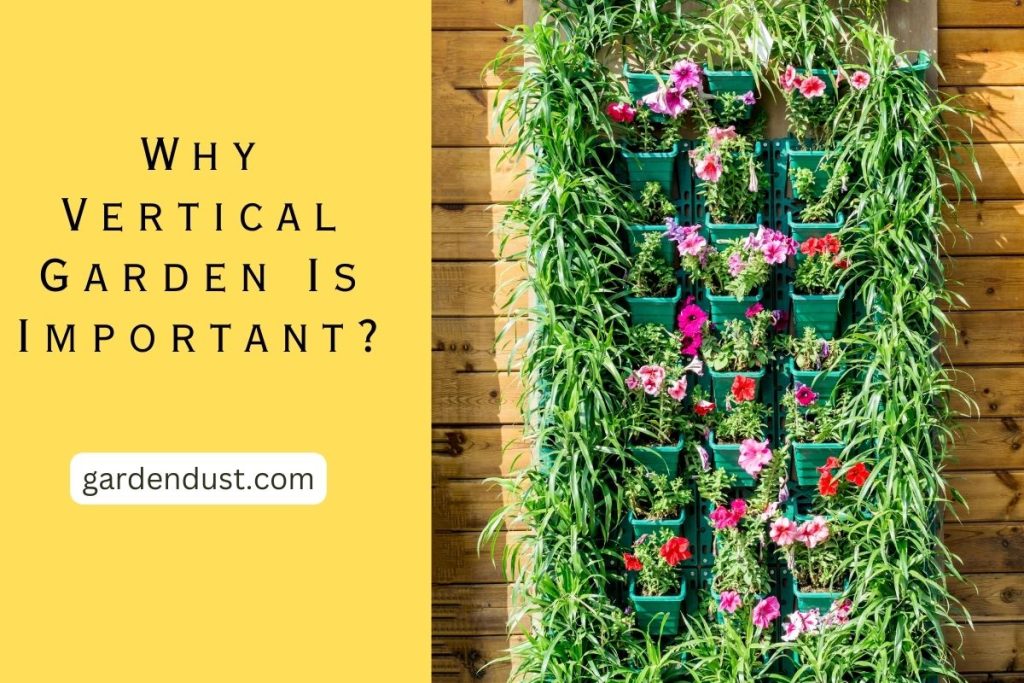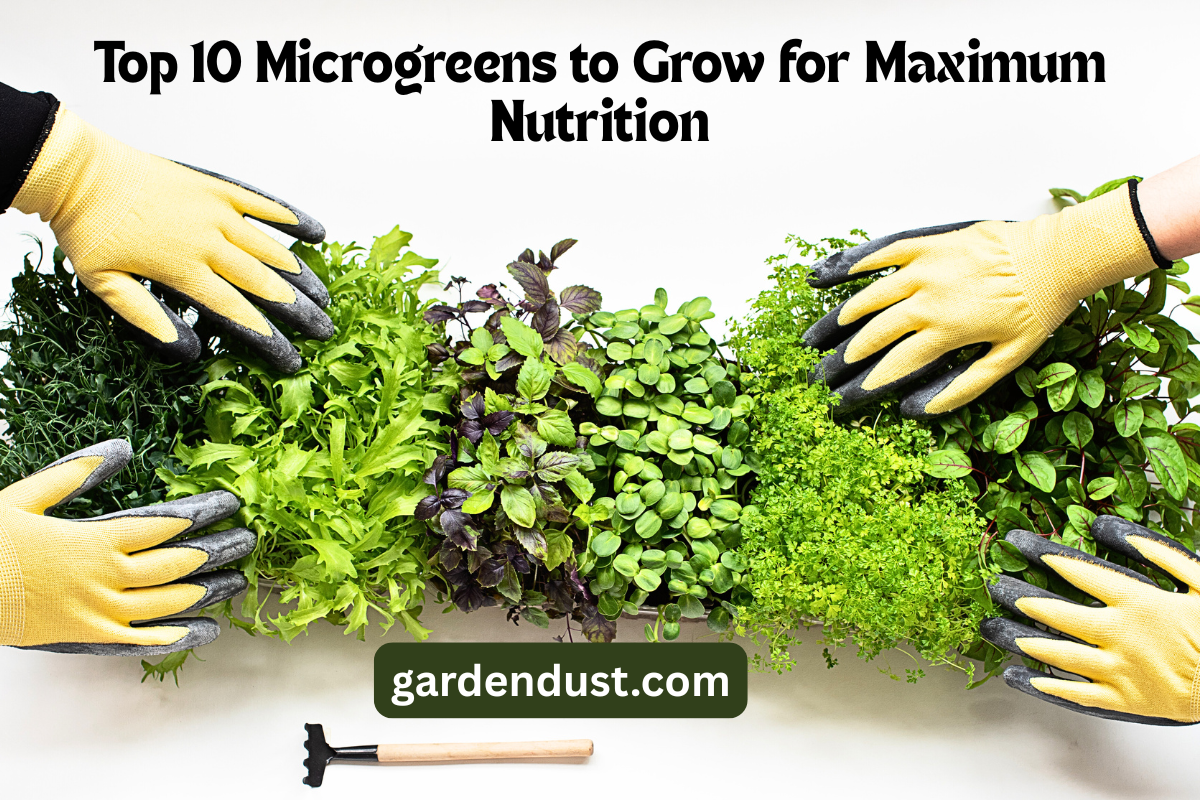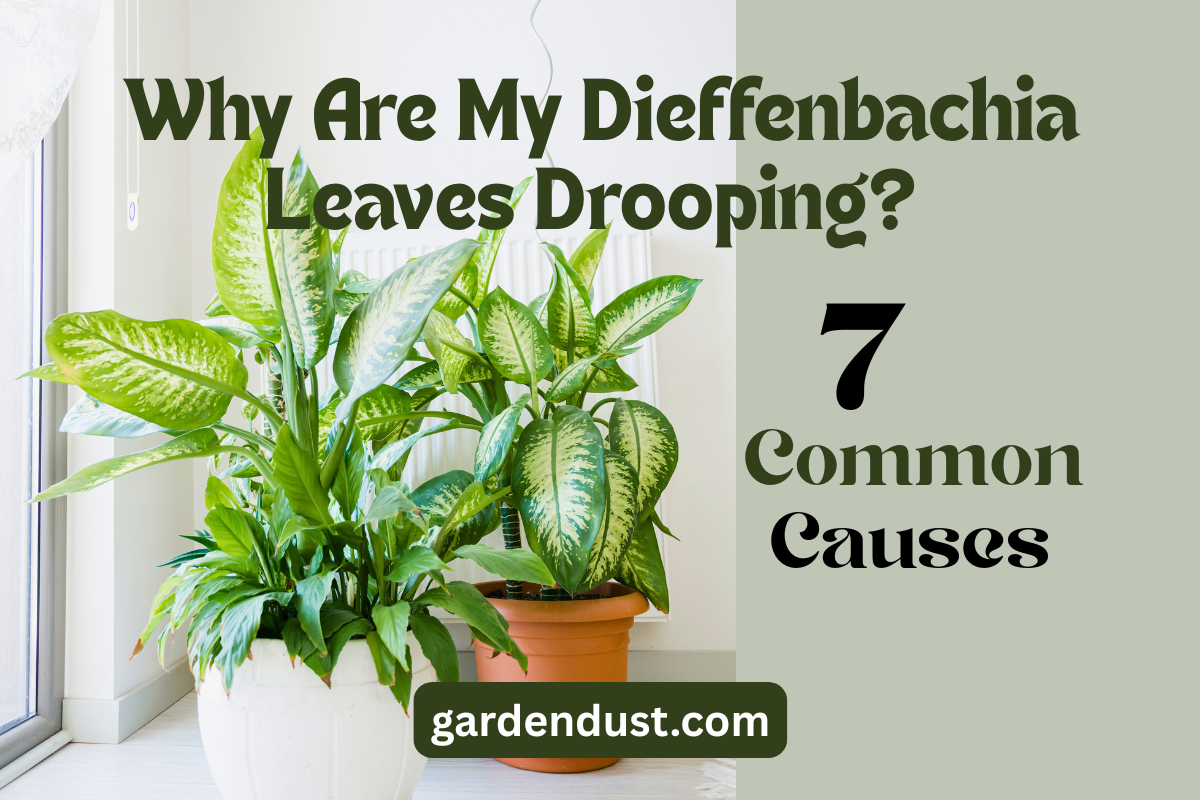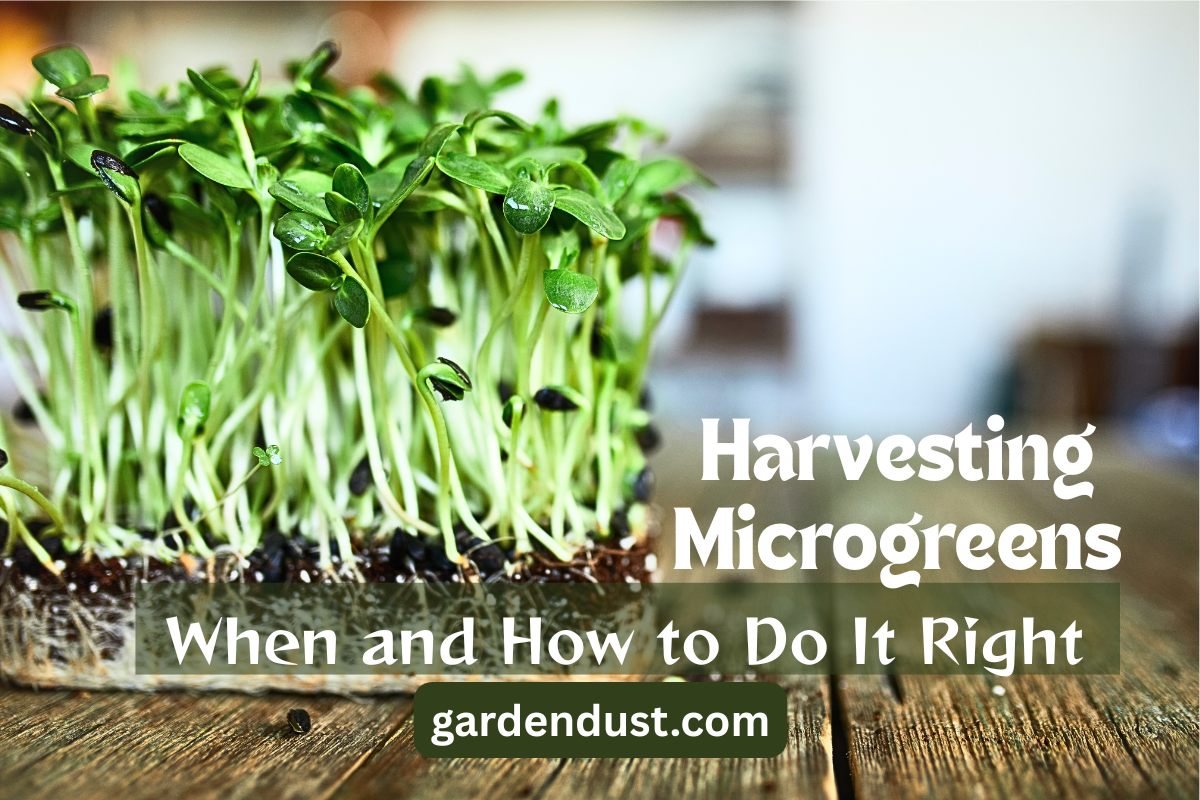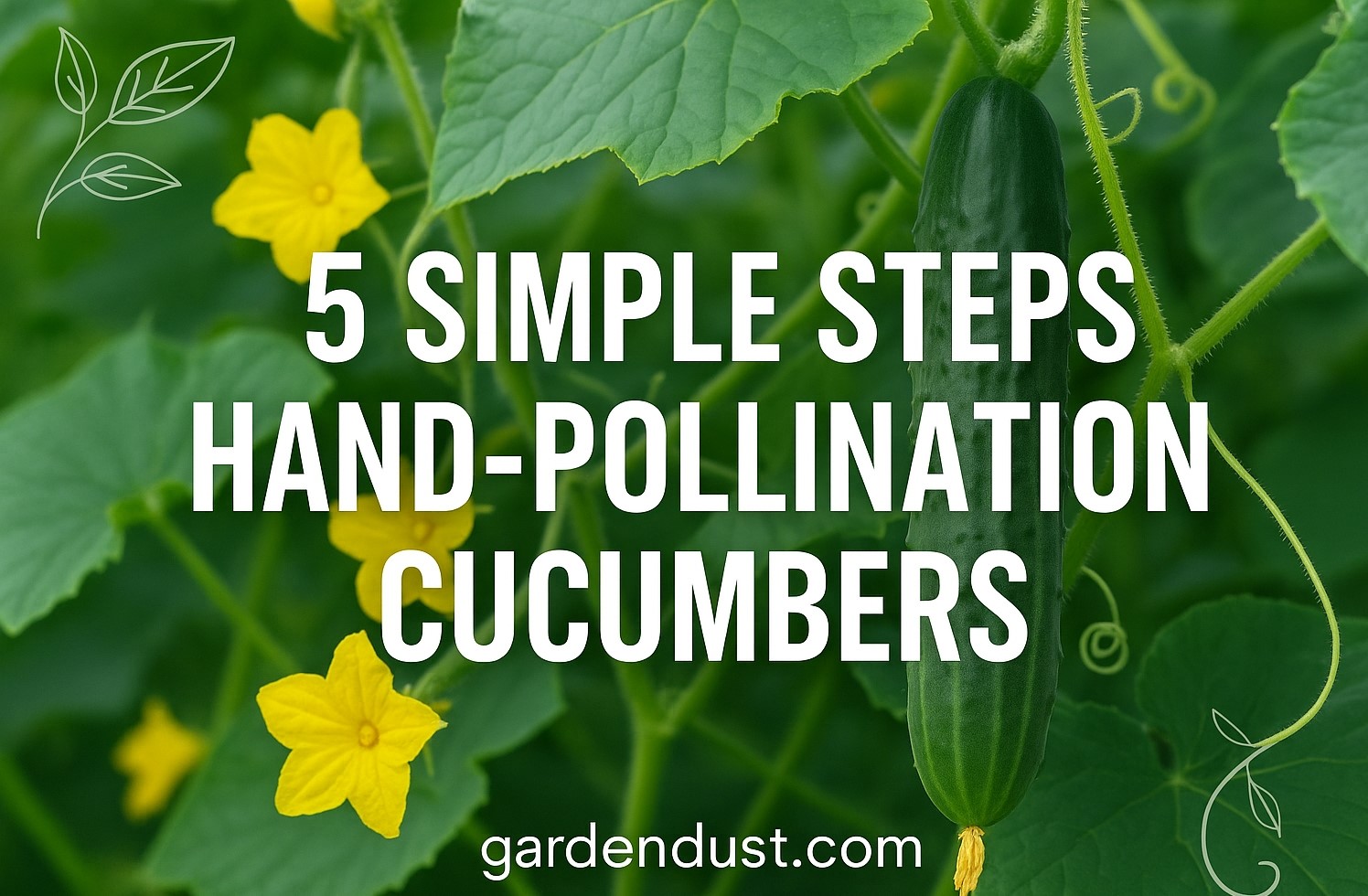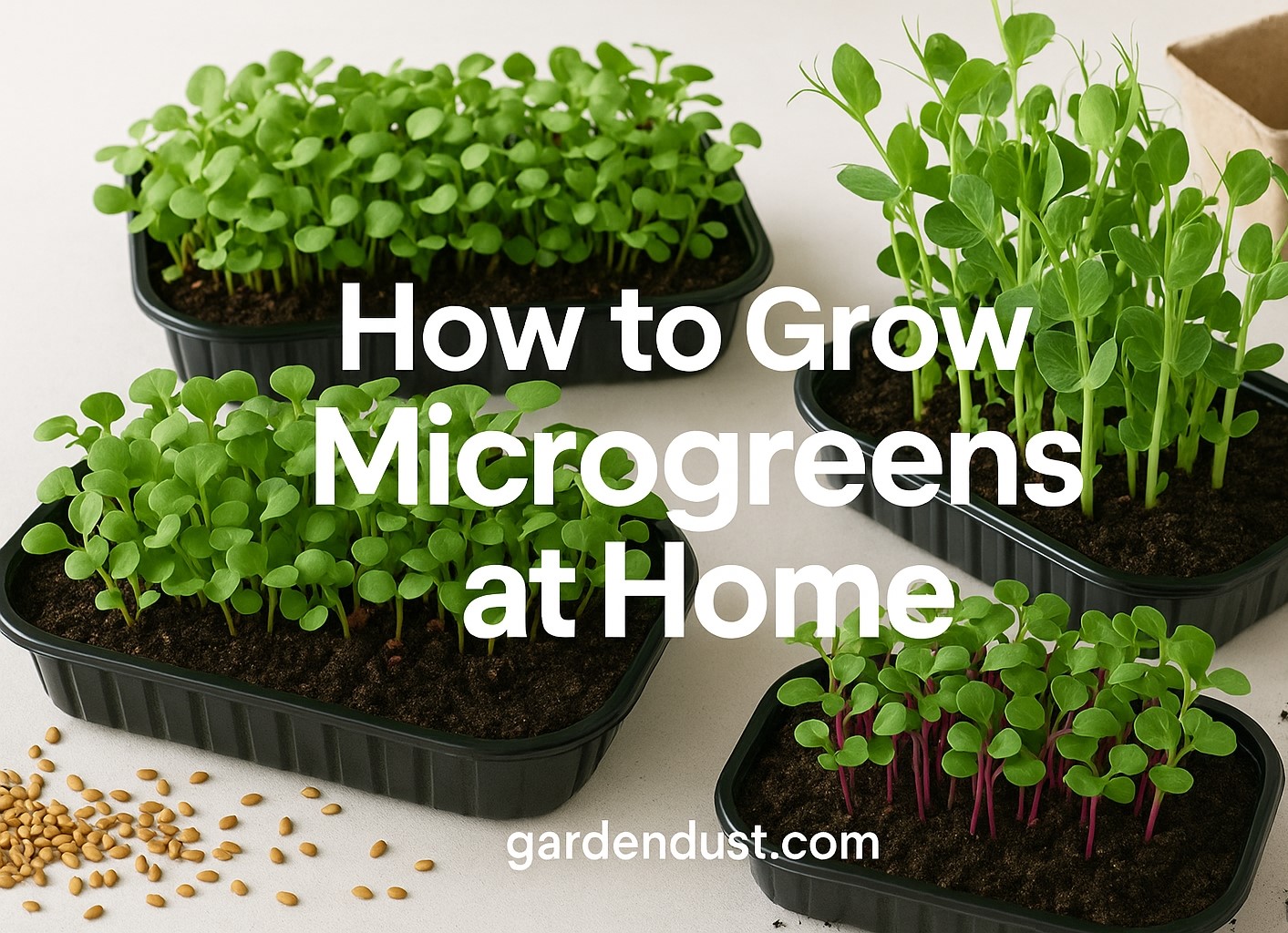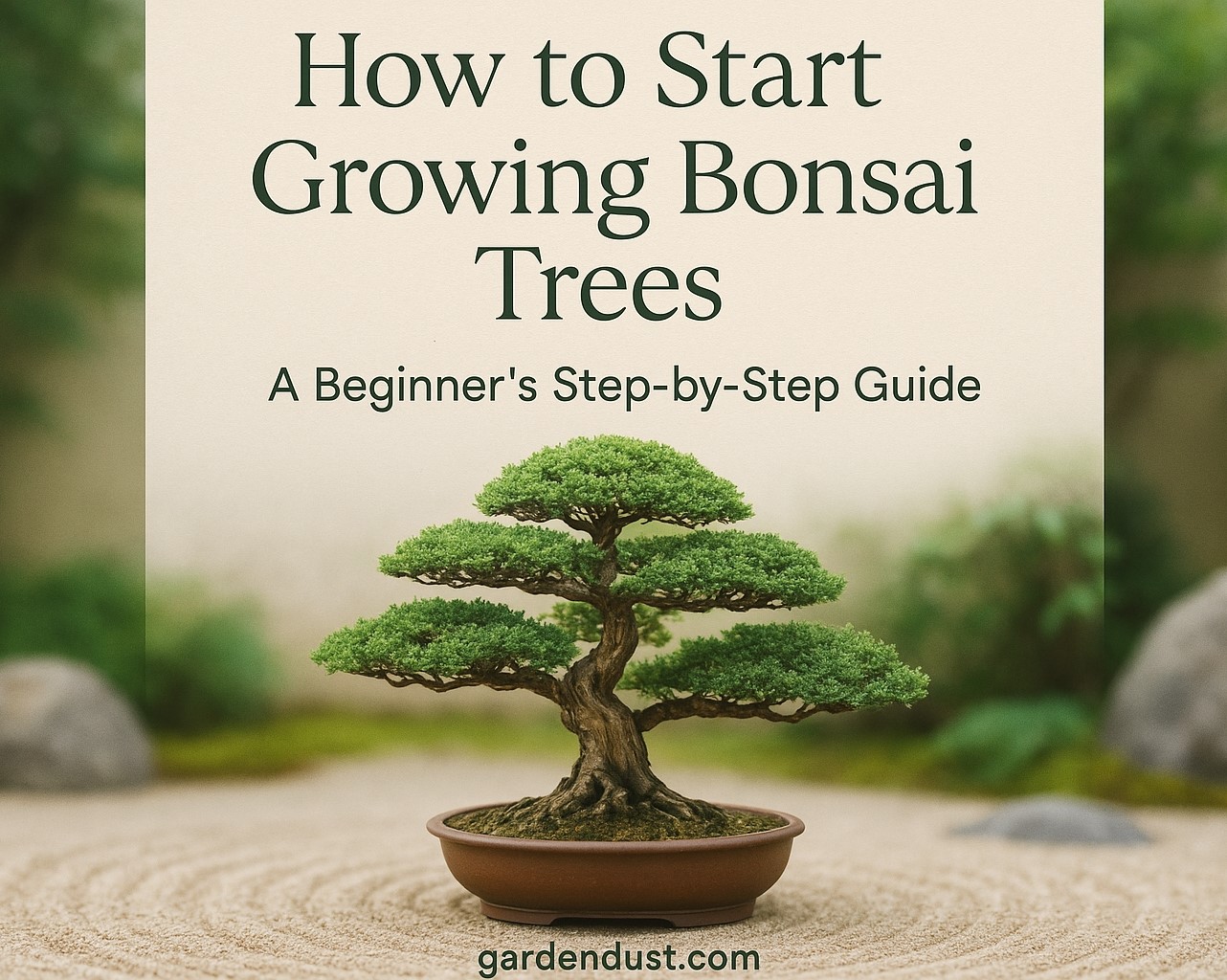Vertical gardens can also contribute to improved air quality by acting as natural air filters, trapping and absorbing pollutants. They can also help regulate indoor temperatures and humidity levels, thereby enhancing the overall comfort of a building’s interior. Let’s see the benefits of vertical garden …
Vertical gardens are important for several reasons:
- Space optimization: In urban areas where space is limited, vertical gardens offer a practical solution for incorporating greenery into buildings and outdoor environments. They allow for the cultivation of plants in areas that would otherwise remain unused, such as walls, fences, or balconies. Vertical gardens maximize the use of vertical space, making it possible to create gardens in places where traditional horizontal gardens would be impractical or impossible.
- Environmental benefits: Vertical gardens contribute to environmental sustainability in multiple ways. They help combat the urban heat island effect by reducing the absorption of heat by buildings and improving thermal insulation. Vertical gardens also assist in purifying the air by filtering pollutants and capturing carbon dioxide, thereby improving air quality. Additionally, they provide habitat and food sources for birds, butterflies, and other pollinators, promoting biodiversity in urban areas.
- Aesthetic appeal: Vertical gardens enhance the visual appeal of buildings and outdoor spaces. They bring a touch of nature to urban environments, softening the harsh lines of architecture and adding a vibrant splash of greenery. Vertical gardens can be designed with various plant combinations, colors, and textures, allowing for creativity and customization to match the desired aesthetic.
- Health and well-being: Interacting with nature has been shown to have numerous psychological and physiological benefits. Vertical gardens provide a connection to nature, even in urban settings, and can help reduce stress, improve mood, and enhance overall well-being. Being surrounded by greenery has been linked to increased productivity, improved concentration, and reduced mental fatigue.
- Food production: Vertical gardens can be utilized for growing herbs, vegetables, and even small fruits, contributing to local food production and promoting sustainable agriculture. By growing food vertically, it is possible to produce a significant amount of fresh produce in a limited space, making it an attractive option for urban dwellers who may not have access to traditional gardens or farmland.
Overall, vertical gardens offer a multitude of benefits, including space optimization, environmental sustainability, aesthetic enhancement, health benefits, and food production. They are a creative and practical way to incorporate nature into our built environments and create greener, more livable spaces. Happy Gardening….

